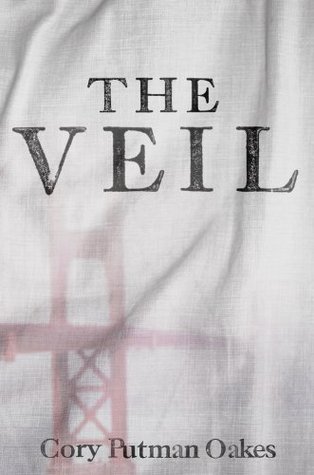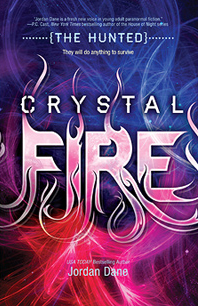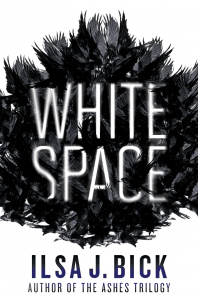The poetry unit of the school year has officially begun and I am dragging me feet just like my friends. I read poetry like its a drug, but I cannot write it to save my life; as in my teacher has been giving me participation grades so I do not fail... So, I am seeking assistance, like usual, in finding a little inspiration. Let's look to the great poets who have been long deceased.
John Keats- From
Ode to a Nightingale
"Fade far away, dissolve, and quite forget
What thou amongst the leaves hast never known
The weariness, the fever, and the fret"
Keats was from the Romantic Era, leaving him love drunk, and overly wordy and emotional. He had inspiration everywhere, which I am vastly envious of, and I cannot help but wonder how he found just the right words to convey his feelings in such short works? I feel like it would take a novel and all it's entirety to explain my thoughts; not just a mere poem.
e.e. cummings- From
9.
"there are so many tictoc
clocks everywhere telling people
what toctic time it is for
tictic instance five toc minutes toc
past six tic"
What even is this? I have read enough from him that I realized that there is no method to his madness. He seems like that kid that had to always out weird everyone; I feel that we would have had many things in common. Aside from our similarities, I have yet to grasp the idea of rhyming and repetition. And, am I cool enough to forget about capitalization yet?
Robert Frost- From
The Road Not Taken
"I shall be telling this with a sigh
Somewhere ages and ages hence:
Two roads diverged in a wood, and I--
I took the one less traveled by,
And that has made all the difference."
This is one of my favorite poems from my second favorite poet; it leaves you thinking about the choices you have made. That makes a good poem in my book; one that evokes thought rather than emotions or inspirations. Some of us are not wise yet, so that might cause issues when trying to get peoples' minds rolling.
These poets, and many others, have fed the public with words of love, of loss, and all I have learned from them is that the only way to be a successful poet is to be deeply depressed, an alcoholic, or a highly functioning sociopath. Poetry may not be my forte yet, but I will give it some time; eventually I will have thoughts worth hearing and opinions worth voicing but for now I will stick to writing about colors and the weather like a good student should.



























.jpg)







